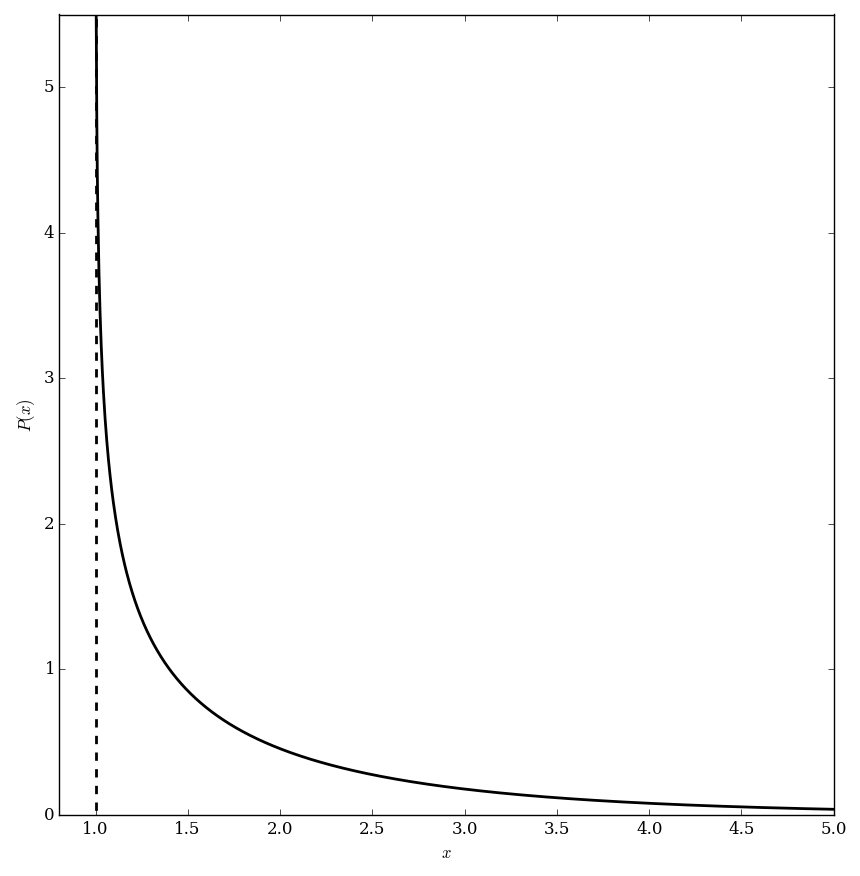Difference between revisions of "Prime zeta P"
| Line 17: | Line 17: | ||
[http://math.stackexchange.com/questions/49383/how-does-sum-px-p-s-grow-asymptotically-for-textres-1/49434#49434 How does ∑p<xp−s grow asymptotically for Re(s)<1?] <br /> | [http://math.stackexchange.com/questions/49383/how-does-sum-px-p-s-grow-asymptotically-for-textres-1/49434#49434 How does ∑p<xp−s grow asymptotically for Re(s)<1?] <br /> | ||
[http://rspl.royalsocietypublishing.org/content/33/216-219/4.full.pdf+html The Sums of the Series of the Reciprocals of the Prime Numbers and of Their Powers] | [http://rspl.royalsocietypublishing.org/content/33/216-219/4.full.pdf+html The Sums of the Series of the Reciprocals of the Prime Numbers and of Their Powers] | ||
| + | [http://gdz.sub.uni-goettingen.de/dms/load/img/?PID=PPN600494829_0025%7CLOG_0038 On the sums of the inverse powers of the prime numbers - J.W.L. Glaisher] | ||
[[Category:SpecialFunction]] | [[Category:SpecialFunction]] | ||
Revision as of 09:15, 1 June 2016
The prime zeta function is defined by $$P(z) = \displaystyle\sum_{p \mathrm{\hspace{2pt} prime}} \dfrac{1}{p^z},$$ where $\mathrm{Re}(z)>1$. It can be extended outside of this domain via analytic continuation.
Properties
Theorem
The following formula holds: $$P(z)=\displaystyle\sum_{k=1}^{\infty} \dfrac{\mu(k)}{k} \log \zeta(kz),$$ where $P$ denotes the Prime zeta function, $\mu$ denotes the Möbius function, $\log$ denotes the logarithm, and $\zeta$ denotes the Riemann zeta function.
Proof
References
References
Fröberg, Carl-Erik . On the prime zeta function. Nordisk Tidskr. Informationsbehandling (BIT) 8 1968 187--202.
How does ∑p<xp−s grow asymptotically for Re(s)<1?
The Sums of the Series of the Reciprocals of the Prime Numbers and of Their Powers
On the sums of the inverse powers of the prime numbers - J.W.L. Glaisher
